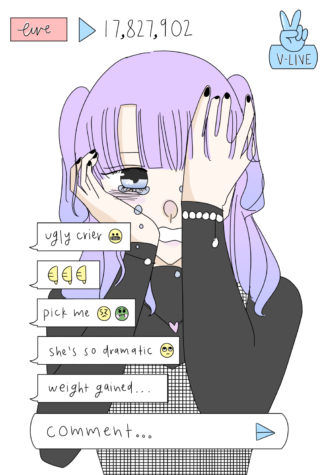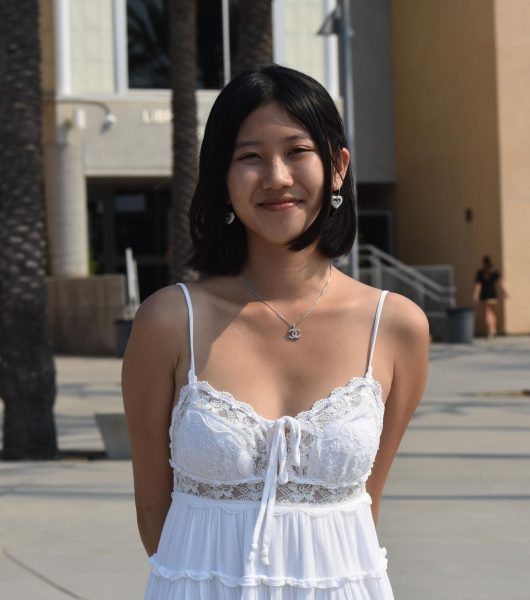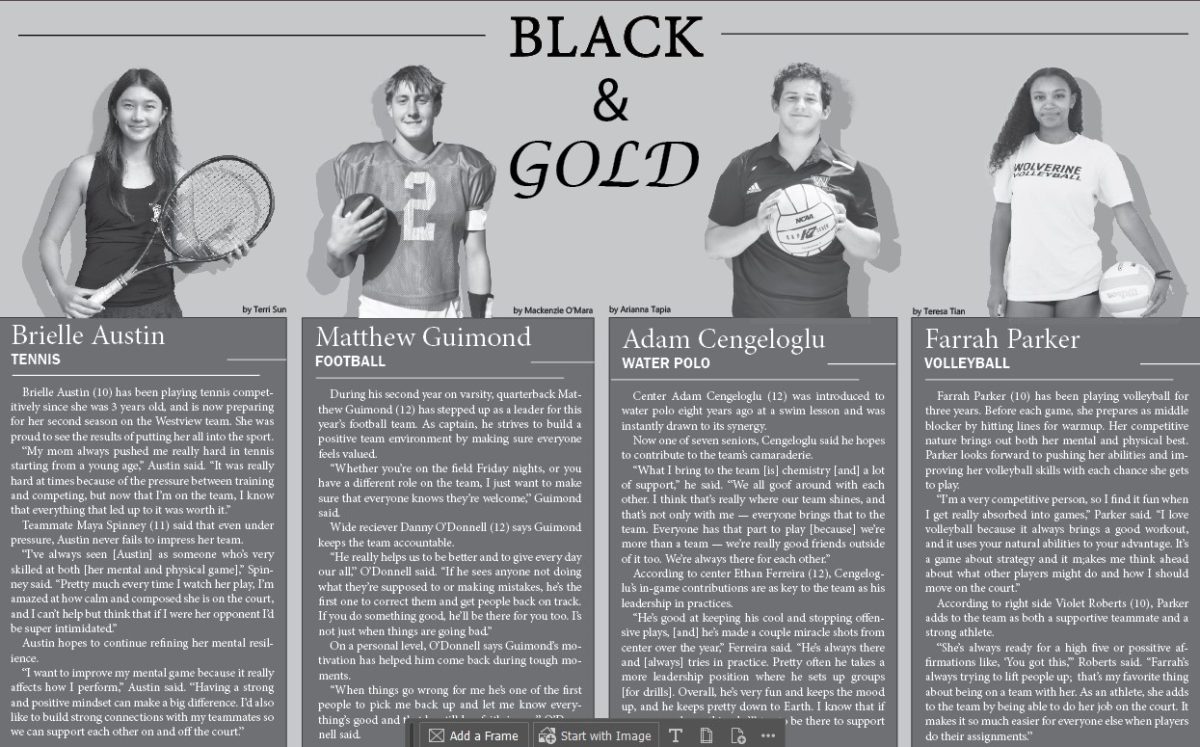Young Kpop idols under extreme amounts of stress
October 14, 2022

Scrolling through the depths of TikTok, as one does when procrastinating on school work, I came across an audio that had recently become popular. The song was called “Attention,” and it was from a recently debuted Korean Pop Culture (KPOP) group called NEWJEANS. Taking an interest in this newly founded group, I searched for other songs from them, and sought to learn about the members themselves. They looked like the standard KPOP group, composed of five doll-like members who are talented in both vocals and dance. But the next bit of information I encountered was the year that they were each born: 2004, 2005, 2008, 2004, and 2006…Wait, what? Go back, 2008?? 14 years old?? I am 15 years old, born in 2007, and this freshly debuted idol is younger than me?
For context, I have been following the Kpop industry for a long time. From my knowledge, idols are usually scouted by companies at a young age, and undergo harsh training throughout their teenage years in order to debut at around 17-18 years old. However, in recent years, it seems as though idols have been debuting younger and younger.
Now, young actors and stars aren’t unique though. You can see them everywhere in any country and it’s largely been normalized. So, why am I so surprised? Of course, in any media, young celebrities have to overcome many stressful circumstances and standards in order to be successful, as with Kpop idols. However, what makes the Korean pop industry different is that those pressures and expectations are taken to the extreme and are much, much worse for these young idols and their well-being. Toxic, unrealistic standards about their bodies, faces, and personalities are forced on to them and the amount of pressure that these idols have to face under the scrutinizing eyes of the public is extremely difficult to deal with, even as an adult. That’s why it felt so shocking to me that Kpop companies would put a teenager, someone just barely entering high school, in such stressful conditions.
Korean culture, to say the least, is very conservative. The public has very specific, extreme standards for their idols, especially having to do with their public image. Unrealistically slim bodies, big eyes, small noses, perfect proportions, and other rigid standards are all features idols must have in order to be successful. This has made the dieting culture in Korea intense, to the point of being severely unhealthy. One idol, Momo, from the popular girl group Twice, was forced to eat only ice cubes for 10 days, or else she wouldn’t be allowed to perform on a variety show. The media’s standards do not just apply to idols’ bodies, however. Something even as small as an expression you make, the way that you talk, the way you eat, or false rumors can mean the difference between earning the public’s love and being shunned. Wonyoung, from the group IVE, for example, was flooded with thousands of hate comments for how she ate a strawberry. Idol Hyunjin from Stray Kids, was shunned and made to take a hiatus from his group as a rumor surfaced that he had supposedly bullied his high school classmates. The rumors turned out to be untrue and were later disproven, however, the public jumped to conclusions so quickly without evidence, that the effects on his reputation could not be undone.
A lot of scandals further come from the toxic culture of viewing idols as objects. Delusional fans believe that idols cannot love anyone but them, which is why dating is so disreputable for idols. Solo artist Hyuna, who has been loved in the industry for over a decade, was kicked out of her company along with her fellow idol, Dawn, for dating each other. They eventually did garner public approval and signed with another company, however, their careers were set back years, especially Dawn’s, who was kicked out of his previous group. IU, another beloved idol, even called the “Nation’s Little Sister”, received death threats after Jungkook, from BTS, said that she was his ideal type. This change from love to hate can be so unpredictable and sudden as with IU and Hyuna; therefore, idols regularly put aside their personal lives and mental and physical health to appease the public.
As you can imagine, having to be absolutely perfect all the time can lead to a multitude of mental disorders, such as depression or anorexia, which are common among idols. This is only made worse when a 14-year-old in this environment, someone whose brain has not been fully developed yet and whose mental state is more vulnerable to public opinion. If older idols, who were at least more mature when they debuted, are struggling immensely, what might the outcome be for young teenagers? Even if NEWJEANS receives tons of love and popularity, as they have, the members are still under constant pressure and stress. This is too much for anyone to handle at any age.
We are part of the society that creates these standards, so it is apparent that we are able to change them as well. You might think this does not affect you, but even if you’re just like me, scrolling through the depths of social media, you can feel these expectations fall onto you as well. To be unrealistically pretty, thin, and talented— the societal pressures we push on our celebrities and idols are the same ones we force on ourselves, and it has become this never-ending cycle of unrealistic standards that we all cannot live up to. We obviously, by ourselves, cannot stop this from happening, but these little bits of change build up over time. Even just giving a little bit of love and support to someone, whether it be to our friends, family, idols, or even ourselves can go a long way toward shifting our media into something more accepting and positive.



